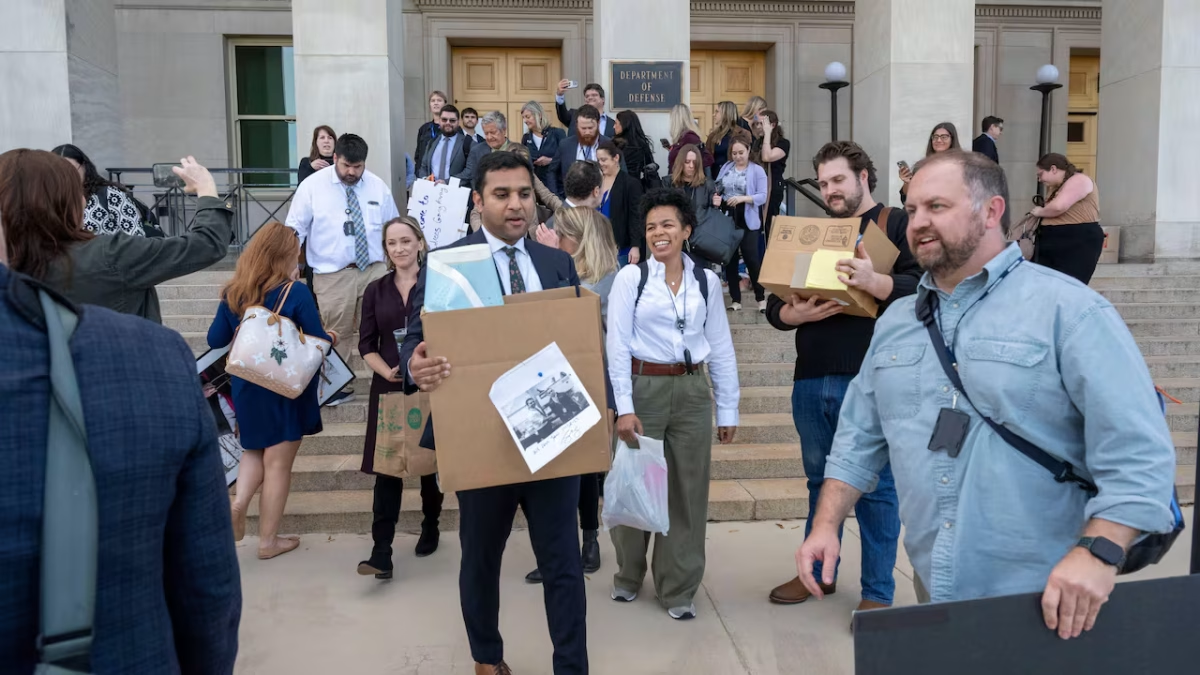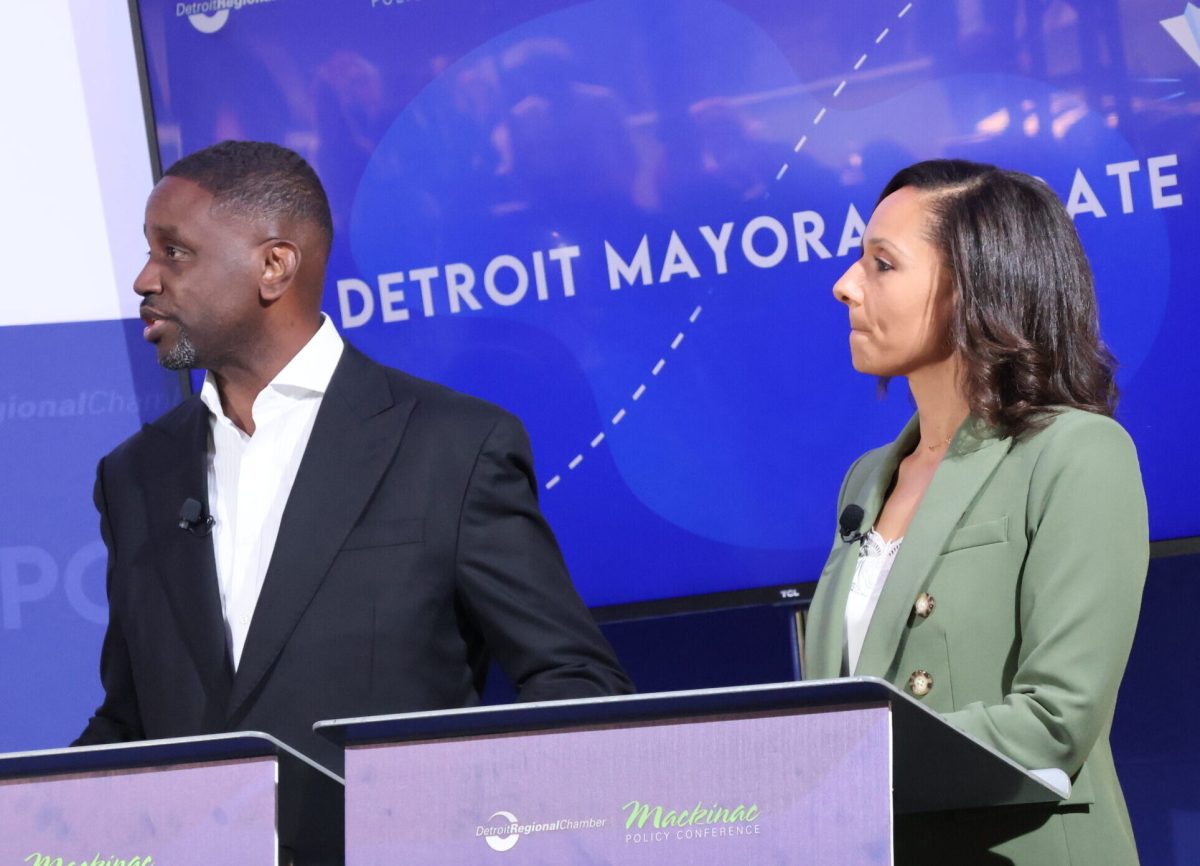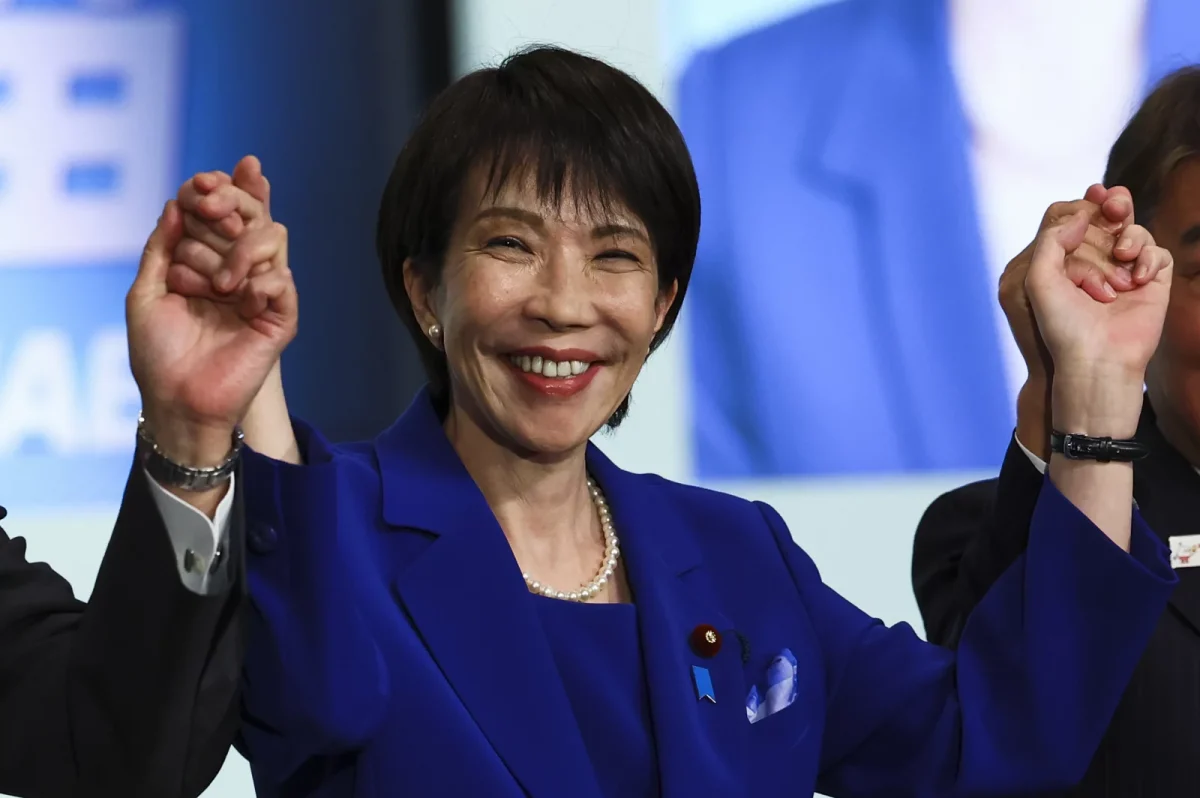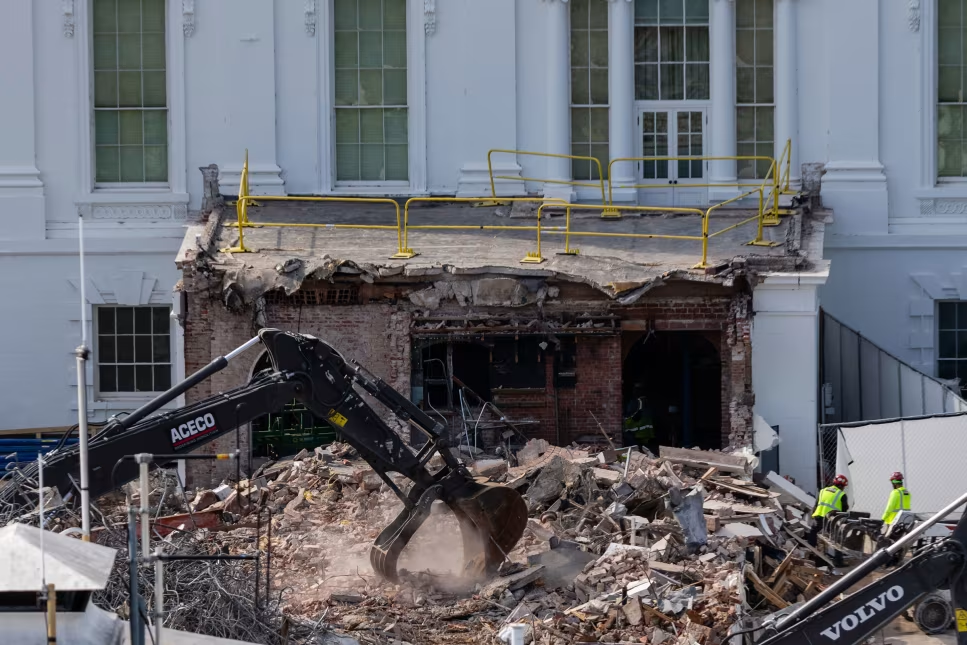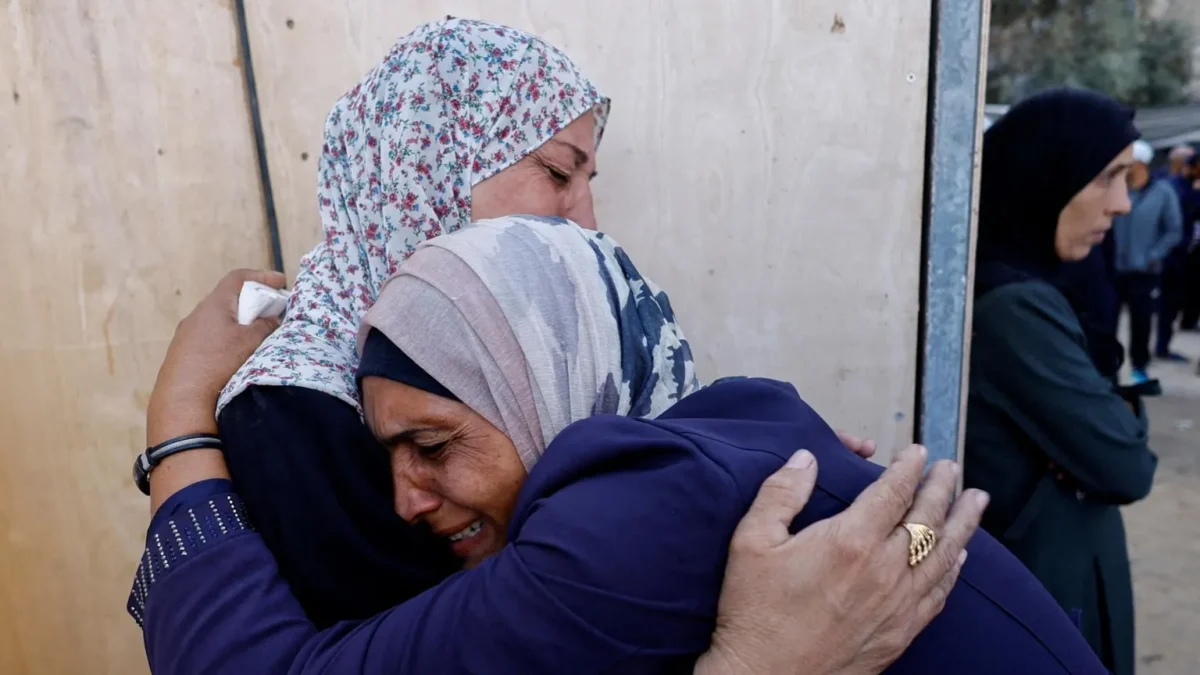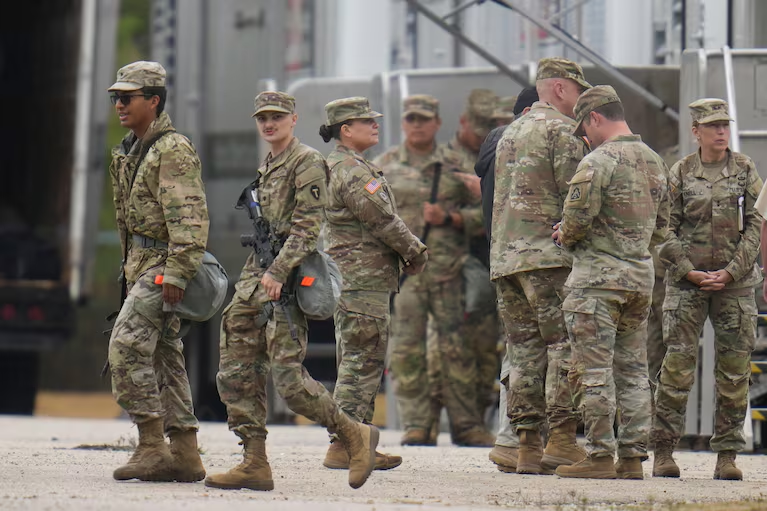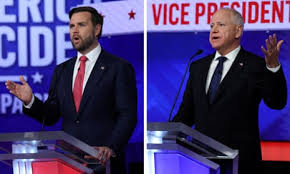
On Oct. 1, Senator JD Vance and Governor Tim Walz met in a CBS broadcast studio in New York for the first vice presidential debate of the election season. Both men are Midwest politicians seeking to connect with voters with less than one month left before election day.
The debate started with moderators bringing up Israel-U.S. relations and then shifted to Hurricane Helene and the effects of climate change. Soon after the opening discussion, moderators turned to the subject of immigration.
“We have a historic immigration crisis because Kamala Harris started and said that she wanted to undo all of Donald Trump’s border policies … So, we’ve got 20, 25 million illegal aliens who are here in the country. What do we do with them? I think the first thing that we do is we start with the criminal migrants. About a million of those people have committed some form of crime in addition to crossing the border illegally. I think you start with deportations on those folks,” Vance stated.
“Kamala Harris was the Attorney General of the largest state and a border state in California. She’s the only person in this race who prosecuted transnational gangs for human trafficking and drug interventions. We all want to solve this … That’s why we had the fairest and the toughest bill on immigration that this nation’s seen,” Walz rebutted.
After the immigration discussion, the moderators turned to the economy, which is a top concern for voters in this election.
“Kamala Harris and I do believe in the middle class because that’s where we come from … The bold forward plan that Kamala Harris put out there is, one, is talking about this housing issue. The one thing is there’s 3 million new houses proposed under this plan with down payment assistance on the front end. To get you in a house. A house is much more than just an asset to be traded somewhere. It’s foundational to where you’re at. And then making sure that the things you buy every day, whether they be prescription drugs or other things, that there’s fairness in that,” Walz explained.
“(Harris) She’s been the Vice President for three and a half years; she had the opportunity to enact all of these great policies. And what she’s actually done instead is drive the cost of food higher by 25%, drive the cost of housing higher by about 60%, open the American southern border and make middle class life unaffordable for a large number of Americans. If Kamala Harris has such great plans for how to address middle class problems, then she ought to do them now, not when asking for a promotion, but in the job the American people gave her three and a half years ago. And the fact that she isn’t, tells you a lot about how much you can trust her actual plans,” Vance said.
In terms of mistakes, Walz made two notable ones. First, while talking about gun control and an assault weapons ban, Walz said, “I’ve become friends with school shooters.” Taken out of context, this quote could damage the campaign.
Secondly, when asked directly about his claim that he was in Hong Kong during the Tiananmen Square protesters, Walz struggled to explain the discrepancy between his claim and media outlets reporting he didn’t visit the country until later that year. When followed up again by moderators on the discrepancy, he stated, he “misspoke on this.”
Walz wasn’t the only candidate who made some missteps. Vance was hit with tough topics such as certification the 2020 election, January 6th protests and abortion. He stated that housing is “totally unaffordable because we brought in millions of illegal immigrants to compete with Americans for scarce homes.” This has proven to be an exaggerated claim, as illegal immigration is not the main cause of the housing affordability crisis. The night was filled with challenging subjects for both candidates.
Compared to the previous debates this year, there is no clear consensus on who won. Both candidates brought up important arguments and were relatively civil. Although the presidential nominee is the largest factor in swaying voters, the vice-presidential candidate can add a unique perspective to the ticket and potentially even secure undecided voters.



